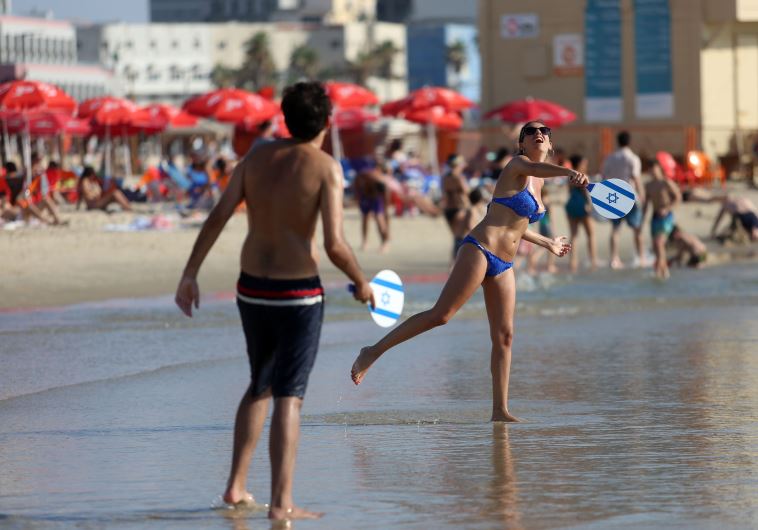Ministry: Despite geopolitical situation, Israel tourism only fell 3% in 2015
The total number of tourists to visit Israel in 2015 was estimated at more than three million.
 General view of Tel Aviv beach(photo credit: MARC ISRAEL SELLEM/THE JERUSALEM POST)Updated:
General view of Tel Aviv beach(photo credit: MARC ISRAEL SELLEM/THE JERUSALEM POST)Updated: